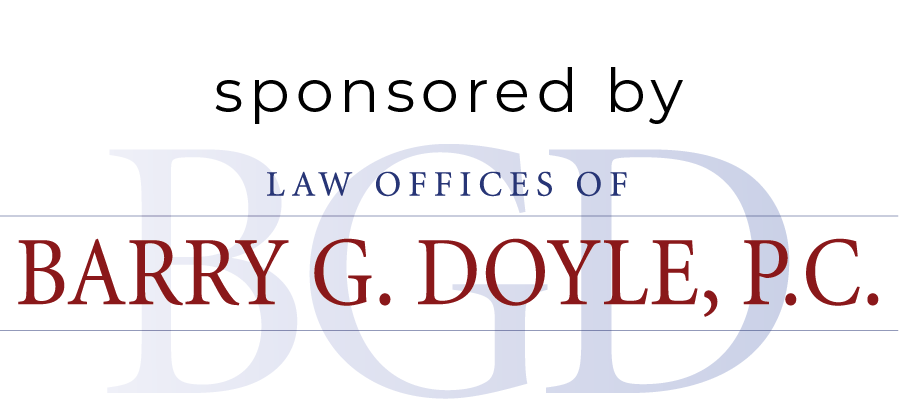Nursing Home Complaint Regarding Overmedication
Many nursing home residents are on heavy doses of powerful medications to preserve or improve their health. The number, strength, and mixing of these medications leaves residents at risk for adverse effects from the medications ordered for them.
Federal regulations are intended to protect nursing home residents from harm due to overmedication:
(d) Unnecessary drugs - General. Each resident's drug regimen must be free from unnecessary drugs. An unnecessary drug is any drug when used -
(1) In excessive dose (including duplicate drug therapy); or
(2) For excessive duration; or
(3) Without adequate monitoring; or
(4) Without adequate indications for its use; or
(5) In the presence of adverse consequences which indicate the dose should be reduced or discontinued; or
(6) Any combinations of the reasons stated in paragraphs (d)(1) through (5) of this section.
42 CFR, Part 483.45(d)
The medication regimen at most nursing homes is checked monthly by a consultant pharmacist. However, the monthly check does not relieve the nursing home staff or the resident's doctor from the obligation to monitor the health and well-being of the residents on a day-to-day basis. Overmedication can have serious adverse effects on the well-being of the residents and can play a role in causing serious injury and premature death of nursing home residents.
Federal regulations prohibit overmedicating nursing home residents and can serve as a legitimate grounds for filing a nursing home complaint with the Illinois Department of Public Health.

